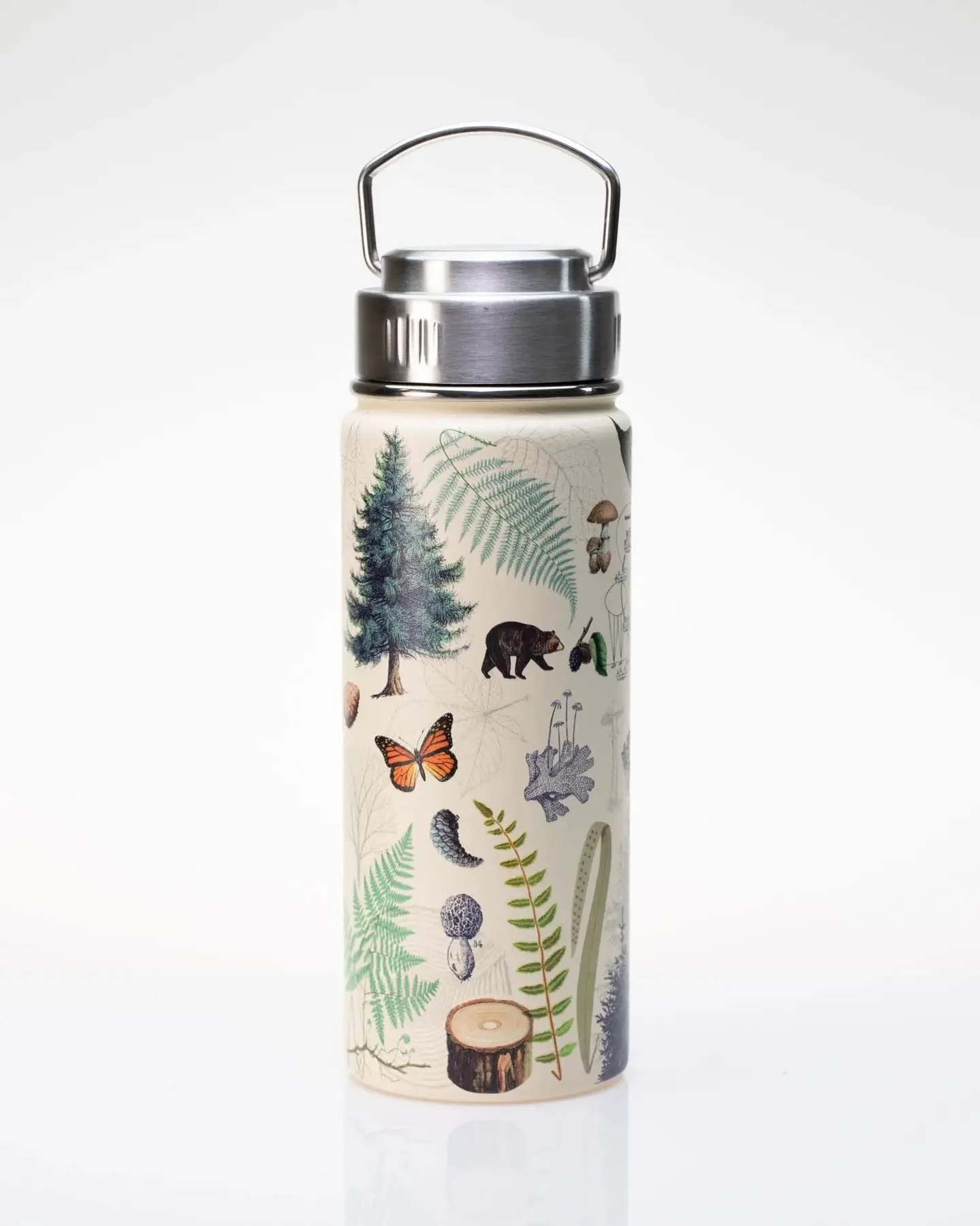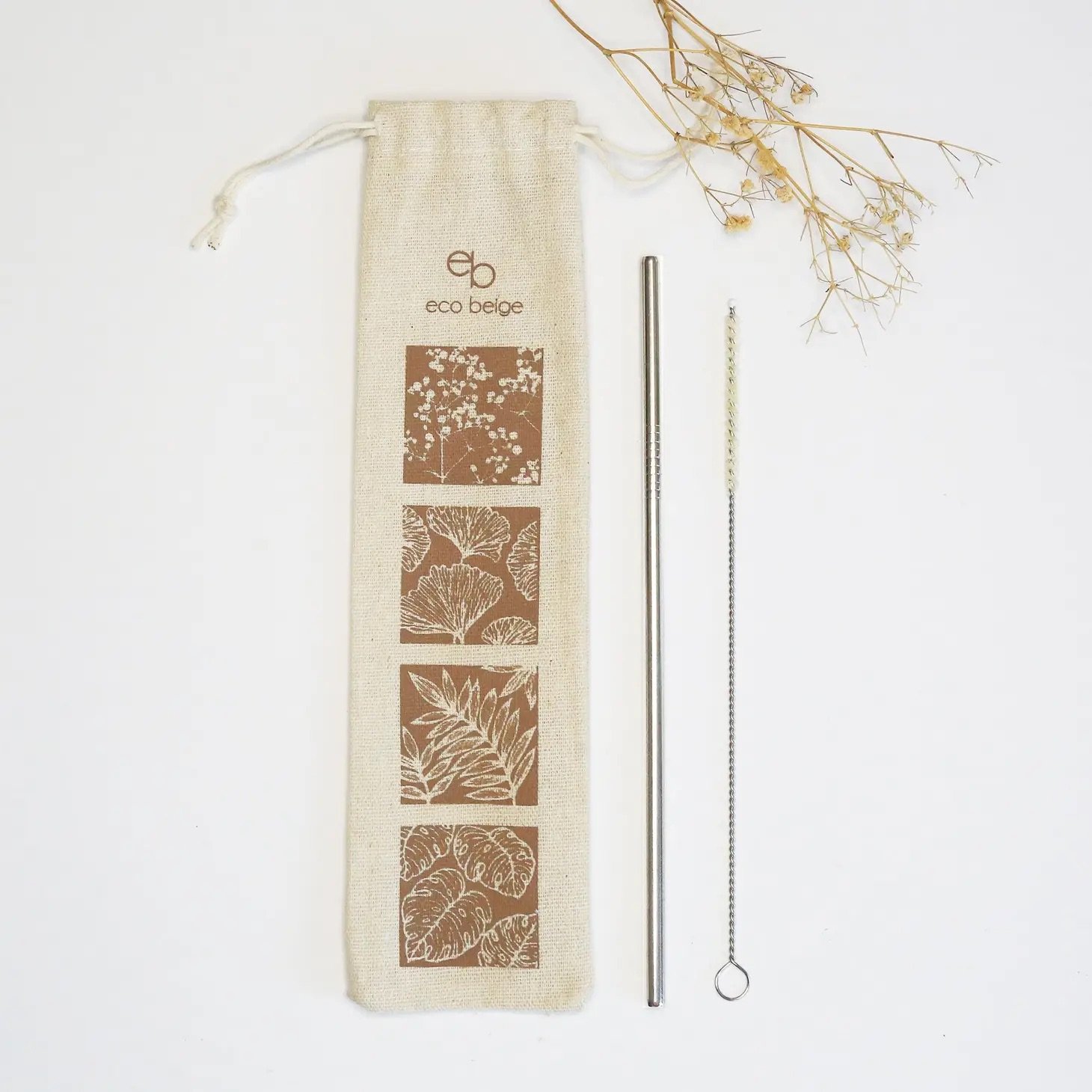Consumer Trends in Eco-Friendly Products
Lately, I’ve noticed a big shift towards eco-friendly products, and it’s so exciting!
According to Nielsen, 73% of global consumers say they’re ready to change their habits to reduce their environmental impact. That’s amazing! However, with this growing trend, we also need to be aware of a sneaky practice called "greenwashing."
The Rise of Sustainable Products!
Reusable water bottles, bamboo toothbrushes, and beeswax wraps are flying off the shelves. These products help us cut down on waste and tread lightly on our planet. But as more companies jump on the eco-friendly bandwagon, it’s essential to ensure we’re genuinely supporting sustainability and not falling for greenwashing.
What is Greenwashing? Greenwashing is when a company falsely promotes their products as environmentally friendly to capitalize on the growing demand for sustainable goods. This deceptive marketing can mislead consumers and undermine genuine efforts to protect the environment.
How to Spot Greenwashing Here are some tips to help you avoid greenwashing and ensure your purchases are truly eco-friendly:
Look for Specific Claims: Be wary of vague terms like "green" or "eco-friendly." Instead, look for specific claims such as "made from 100% recycled materials" or "certified organic."
Check for Certifications: Trusted certifications like USDA Organic, Fair Trade, Energy Star, and B Corp indicate that a product has been vetted by a reputable third-party organization.
Research the Brand: A quick search can reveal a lot about a brand's practices. Check if the company has a genuine commitment to sustainability, such as using renewable energy, reducing waste, or supporting environmental causes.
Read Labels Carefully: Look for detailed information about the materials used and the manufacturing process. Products that are genuinely sustainable will usually provide transparency.
Beware of Green Packaging: Just because a product has green packaging or nature-themed designs doesn’t mean it’s eco-friendly. Always check the ingredients and materials used.
Company Practices: Investigate if the company itself practices sustainability. Are they transparent about their supply chain? Do they engage in ethical sourcing? A truly green company will integrate sustainability into all aspects of their business.
Choosing authentic eco-friendly products means less plastic waste and a cleaner home environment. Products like reusable silicone bags for snacks, glass storage containers, and bamboo cutlery are perfect for reducing single-use plastic.
Want to get started? Swap plastic wrap for beeswax wraps—they’re reusable and come in cute designs. Trade in plastic straws for stainless steel or bamboo ones. These small changes add up!
Have you made any changes to your shopping habits to include more sustainable products?
What differences have you noticed in your household waste? Let us know in the comments below!
By being vigilant and informed, we can support companies that genuinely prioritize sustainability and avoid falling for greenwashing tactics. Let's make conscious choices and ensure that our efforts to live eco-friendly truly make a difference!



About this product
Whether you'll be spending your day hunting for exotic butterflies or cataloging endless specimens of dung beetles, this insect vacuum flask has got you covered. Fill it with a fancy chai, your favorite cold brew, (or hey, something stronger, we're not judging) and your drink will be waiting for you at just the right temperature whenever you're ready.
Details
• Made in China • Dimensions: 7.3 x 7.3 x 21.3 cm (2.9″ x 2.9″ x 8.4″) • Weight: 226.8 g (8 oz)